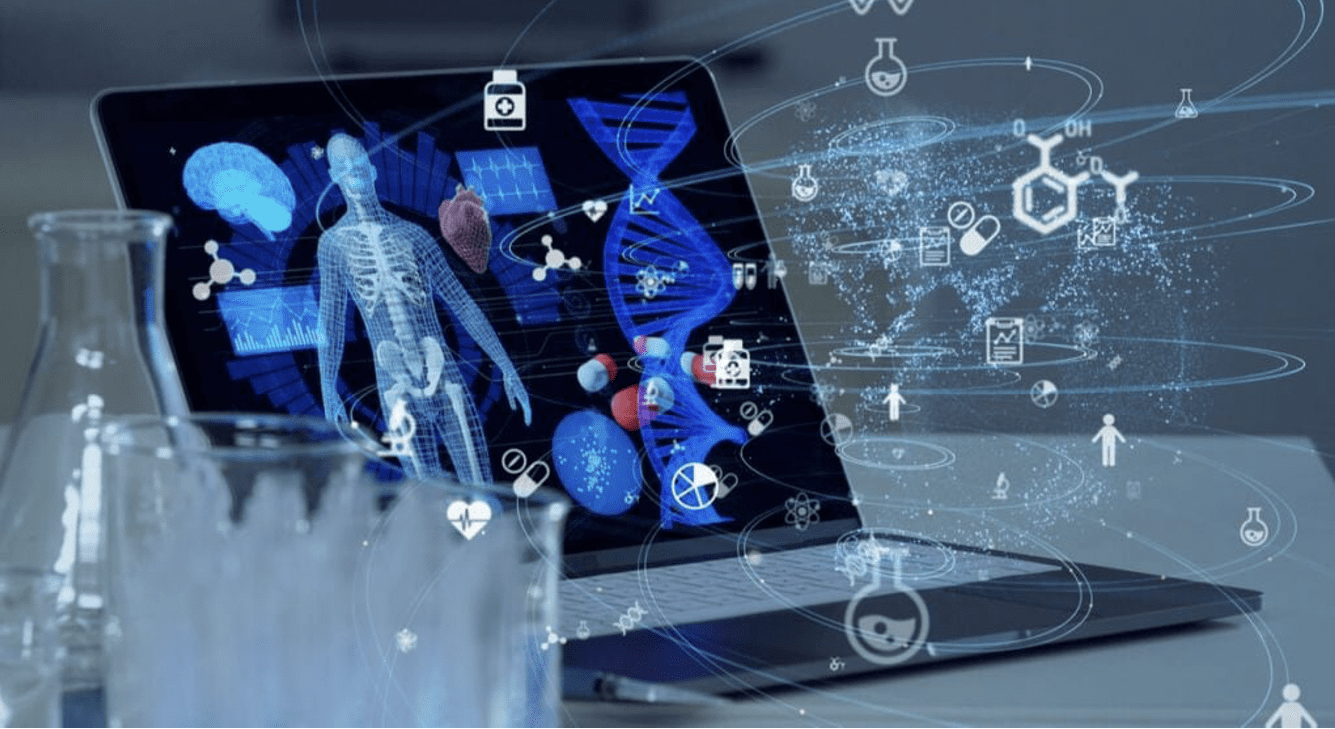Global Courant 2023-04-17 20:09:01
Main image: Labiotech
Artificial intelligence (AI) is rapidly changing healthcare and one of the areas impacted is drug matching. Dr. Talia Cohen Solal, a neuroscientist and co-founder of Genetika+, has developed a new technology that uses stem cell technology and AI to match antidepressants with patients. The procedure involves generating brain cells from a patient’s blood sample, exposing them to various antidepressants and recording cellular changes known as “biomarkers.” An AI system then processes this information, along with a patient’s medical history and genetic data, to determine the best drug and dosage for a doctor to prescribe.
Although the technology is still under development, Genetika+ aims to go commercial next year. The company has already received funding from the European Research Council and the European Innovation Council of the European Union and is working with pharmaceutical companies to develop new precision medicines. With more than 280 million people suffering from depression worldwide, the company expects its work to be in high demand.
Dr. Heba Sailem, senior lecturer in biomedical AI and data science at King’s College London, believes artificial intelligence (AI) has the potential to transform the pharmaceutical industry, which is expected to be worth $1.4 trillion (£1.1 trillion) by 2021 ) in revenue. She points out that AI has already helped identify potential target genes for disease treatment, discover new drugs and improve patient care by predicting the best treatment strategy.
However, according to Calum Chace, an AI expert and author, the adoption of AI in the pharmaceutical industry is slow. He notes that pharmaceutical companies are huge, and any major change in the way they conduct research and development will have a broad impact on many people across multiple divisions. In addition, older people have gotten to where they are by doing things the old way, and they may fear losing their value to the company if what they know how to do suddenly becomes less valuable.
Despite these obstacles, Hong Kong-based Insilico Medicine is using artificial intelligence to accelerate drug discovery. The AI platform developed by the company can identify existing drugs that can be reused, design new drugs for known disease targets or discover new targets and design new molecules. The most advanced drug, a treatment for idiopathic pulmonary fibrosis currently being evaluated by Insilico Medicine, completed the clinical trial phase in less than 18 months, a fraction of the time it normally takes to develop a new drug.
While artificial intelligence has shown tremendous promise in drug and drug matching
In Discovery, Dr. Sailem the importance of applying strict measures before relying on his predictions. An AI model can learn the right answer for the wrong reasons, and researchers and developers must ensure that several measures are taken to avoid biases, especially when training on patient data.
Dr. Cohen Solal believes artificial intelligence could help “solve the mystery” of which drugs work. Her technology has the potential to change the way antidepressants are prescribed and provide a more personalized approach to treatment. As AI continues to evolve and evolve, we can expect more healthcare innovations that have the potential to improve patient outcomes and transform drug discovery and development.








